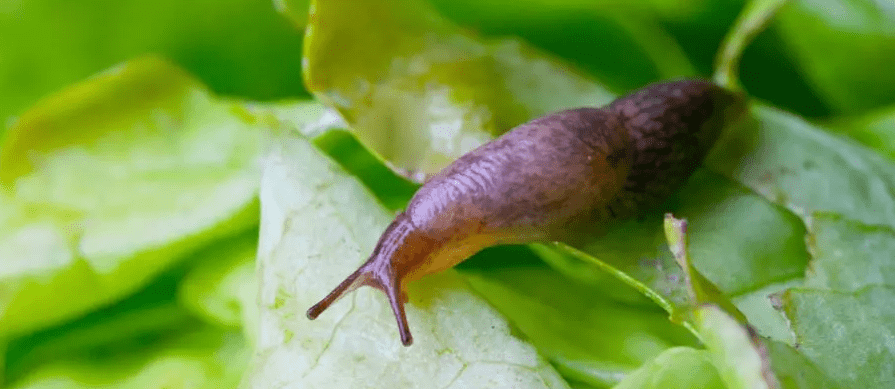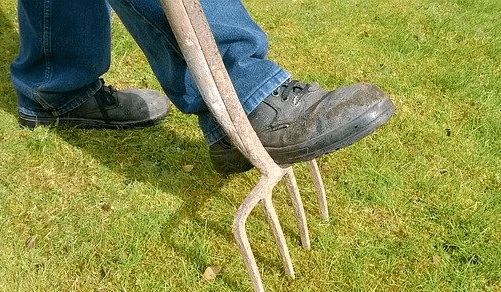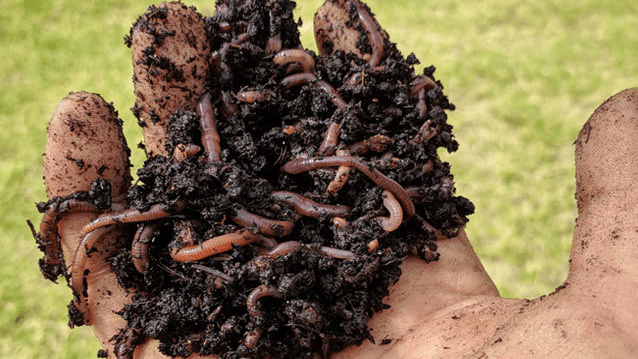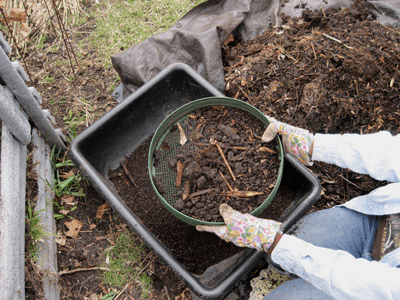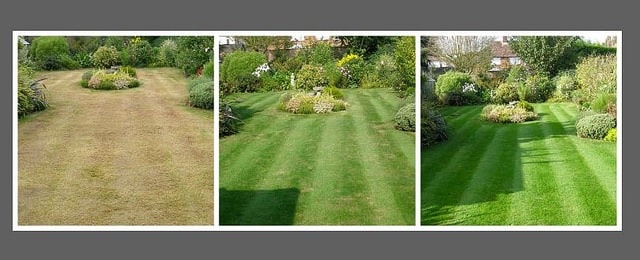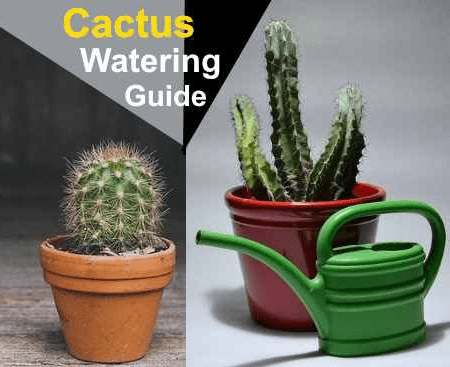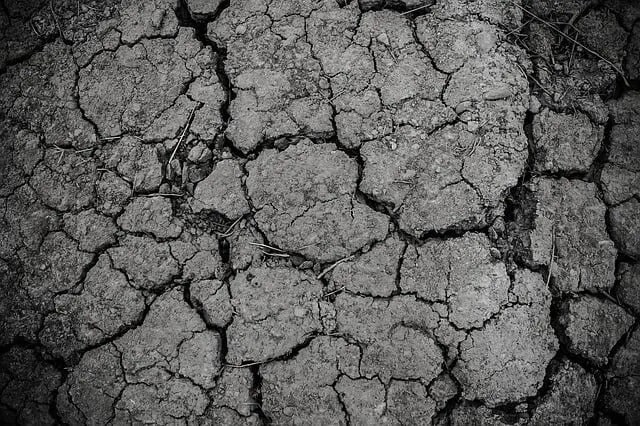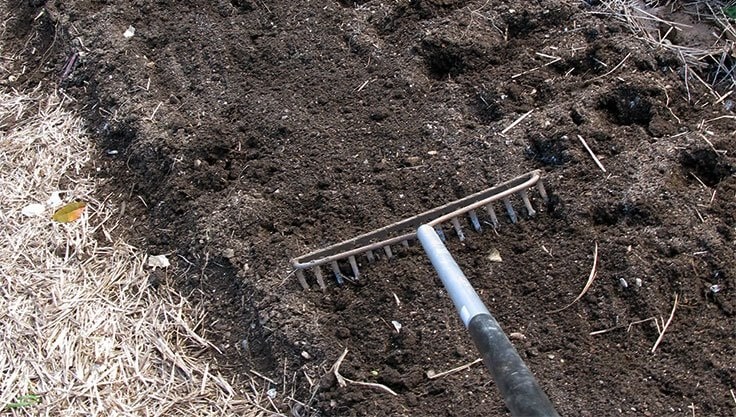One of the best ways to grow your herbs is to purchase herb seeds from a store or online. There are many different types of herb seeds available, so you’re sure to find the perfect option for your garden. Here are some tips on how to choose and buy herb seeds:
- Choose your herb seeds based on the type of plant you want to grow. For example, rosemary is a popular herb for cooking, but you can also grow rosemary plants for their flowers.
- Compare prices and quality of seed options before making a purchase. You’ll want to find a store that offers quality brands at affordable prices.
- Read the instructions that come with the seed package. There are often specific planting instructions, watering guidelines, and harvest tips included.
- Soak the herb seeds overnight in water before planting them in the soil. This will help them germinate faster and improve their chances of growing healthy plants.

Contents
What is a Seed-Starting Mix?
When starting herb seeds, you’ll need to provide some kind of seed-starting mix. This will help to moisten your seeds and get them started in the right environment. There are many different types of seed-starting mixes available, so it’s important to choose one specifically designed for herbs. Here are a few tips when choosing a seed-starting mix:
- Choose a mix that is high in moisture.
- Choose a mix that has a slow-release fertilizer.
- Avoid mixes that contain synthetic fertilizers or pesticides.
There are a few things you will need before starting growing herb seeds. The most important items are a seed starting mix, some water, and a pot. A seed starting mix is a specially formulated mixture of soil, peat moss, perlite, and vermiculite designed to help new plants get off to a good start. First, ensure that the seed starting mix is specifically made for herb seeds. Next, add enough water to moisten the ingredients, but don’t overdo it–herb seeds are fragile and will die if they get too wet. A good way to test the moisture level is to poke a few holes in the top of the pot and wait until the soil feels dry to your touch. Finally, place the pot in a warm spot (around 75 degrees F is ideal) and wait for the seeds to germinate.
A seed-starting mix is a balanced mixture of seeds, soil, and water used to start plants from seeds. Depending on the type of Seed, a seed-starting mix can contain different proportions of each. A common recipe for a seed-starting mix includes 1 part potting soil, 1 part vermiculite, and 1 part peat moss.
When should you start your Herb Seeds?
There is no one answer to this question since timing will vary depending on the herb and the growing conditions. However, generally speaking, you can start herb seeds indoors six to eight weeks before the last frost date in your area. Once the plants are big enough to handle being transplanted outside, you can begin planting them four to six inches apart in a well-drained soil mixture. There are a few things to consider when starting your herb seeds. The best time to start seeds depends on the climate where you live, the type of herb you’re growing, and how fast you want your plants to grow.
Herb seeds can be started indoors six to eight weeks before the last frost date in your area. If you live in a warm climate, you can start them outside four to six weeks before the last frost date. Make sure the soil is evenly moistened when you start your herb seeds. Water regularly until the seedlings emerge, and then reduce watering as needed. Do not fertilize your herb plants until they are established. Instead, apply a balanced fertilizer every other week once they’ve grown several inches tall.
How long will they take to Germinate?
That depends on the variety of herb, the size of the Seed, and the climate where you’re growing them. However, most herbs will germinate in around 7 to 14 days. If you are starting your herb garden from Seed, the time it will take for them to germinate will vary depending on the type of Seed and the conditions in which it was stored.
Some seeds will require just a few days, while others may take several weeks. It is important to note that not all seeds will germinate, so be patient and give them a chance. The time it takes for herb seeds to germinate will vary depending on the variety and weather conditions. The most common time frame is around 7-10 days.
Which Herb Seeds can you grow from seed?
Many different herb seeds can be grown from Seed, and the options depend on what type of herb you want to grow. For example, if you want to grow a specific herb, you can also grow it from seed to grow a wider variety of herbs.
When growing herb seeds from Seed, it is important to follow a few basic guidelines. First, make sure that the soil is well-drained and has good fertility levels. Second, select the right herb seed variety for your area’s particular climate and soil conditions. Third, sow the seeds in early summer or early fall, and water them regularly during germination. Finally, be patient – growing herb seeds from Seed takes time and patience. Nevertheless, Herb seeds can be a fun and easy way to start gardening.
To start growing herb seeds, you will need to find a variety of herbs that you want to grow. Some popular herbs to plant from Seed include parsley, rosemary, thyme, and lavender. Once you have chosen your herb, you will need to gather the necessary supplies. Once your supplies are gathered, it is time to begin planting your herb seeds. To do this, sow your seeds into the desired soil mix or compost at a depth of about two inches. Ensure the soil is well-moistened before adding the seeds and then cover them with additional soil.


